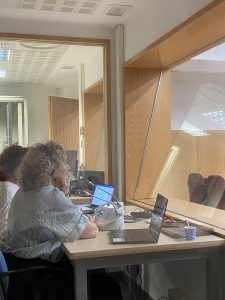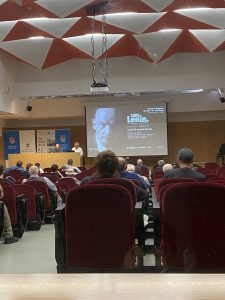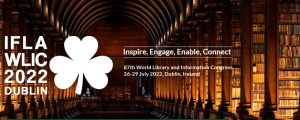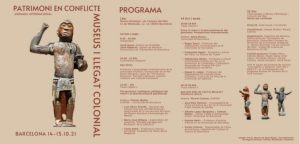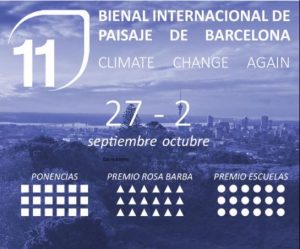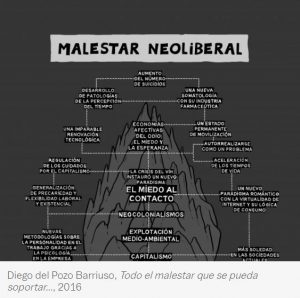Source of information: Europa Press, La Vanguardia, Twitter (Jessica Albiach)
Etherum, Cardano, Lota, Avalanche… these names may sound like video game characters to many, but they have become the object of desire of small investors from all over the world in the new global gold rush: cryptocurrencies, a market that on 3 November surpassed three trillion dollars. A market that last 3 November surpassed three trillion dollars.
Bitcoin is the first cryptocurrency in history, and was born in 2009 and continues to maintain its validity intact despite its extremely high volatility. And Spain is no stranger to this phenomenon. A survey by the financial markets platform of 1,500 Spanish investors has revealed that 72% will invest in cryptocurrencies in the coming months. In the meantime, bitcoin is on a roll, and ordinary citizens are no strangers to this fever. Almost 4.4 million people admit to having invested in cryptocurrencies, according to a study by the Financial Users Association.
On 3 March, at an event organised by Els Comuns at the Born Cultural Centre, the round table “Tot el que volies saber sobre criptomonedes i no t’havies atrevit a preguntar” (Everything you wanted to know about cryptocurrencies and didn’t dare to ask) took place, with speeches by the leader of Els Comuns in Parliament, Jéssica Alibach, the MEP Ernest Urtasun, the journalist and technology analyst Marta Peirano and the founder of DigiEconomist Alex de Vries.
The debate focused on the three political implications of cryptocurrencies that, in the opinion of the leader of Els Comuns, must be resolved: speculation, crime and the environmental impact generated by cryptocurrencies.
Urtasun also explained that the European Parliament is working on the development of a regulatory framework to supervise the use of cryptocurrencies when the purpose is money laundering, as well as to put limits on the environmental impact caused by the intensive use of algorithmic calculations of computers, as well as their rapid obsolescence and energy consumption.
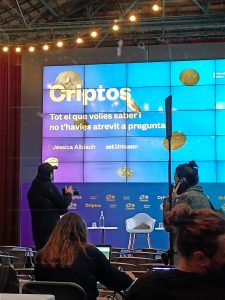
Foto by: Silvia Palá Intérpretes

